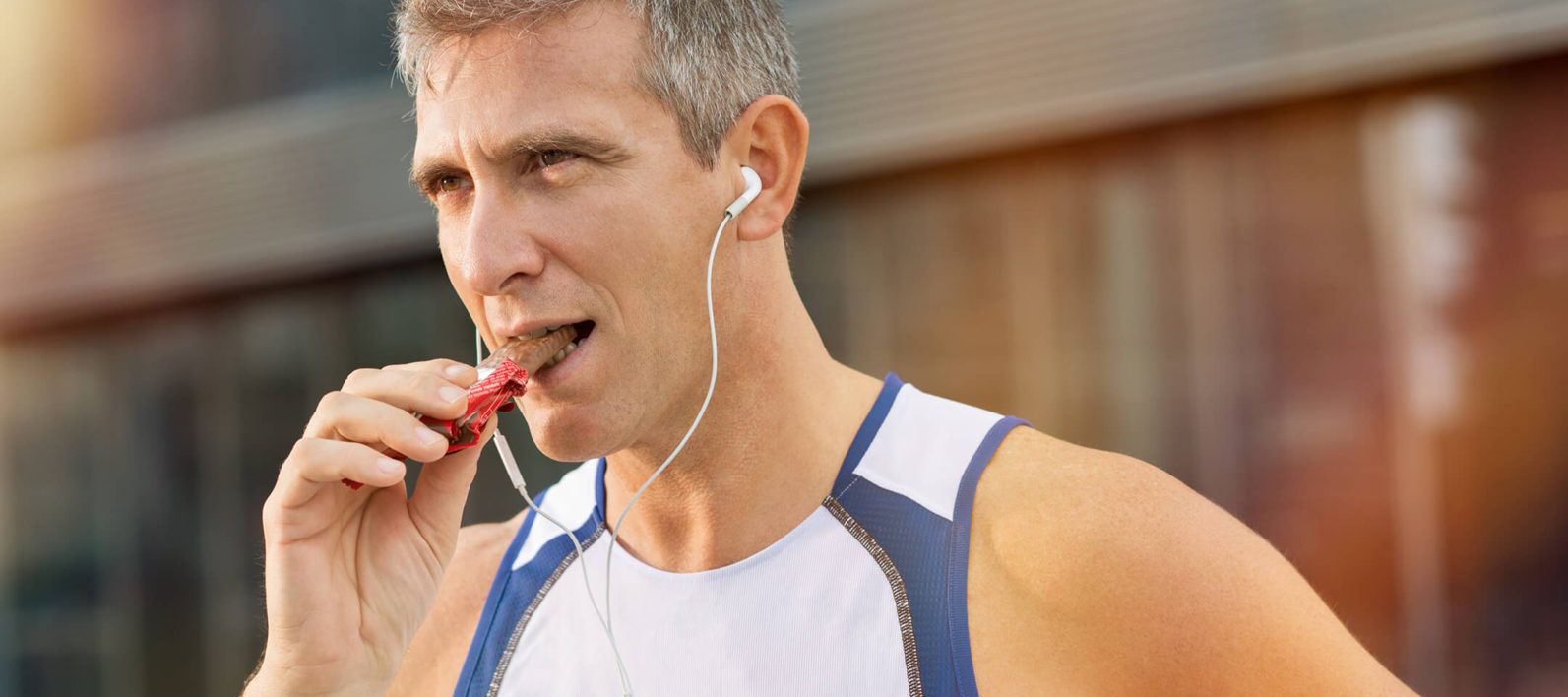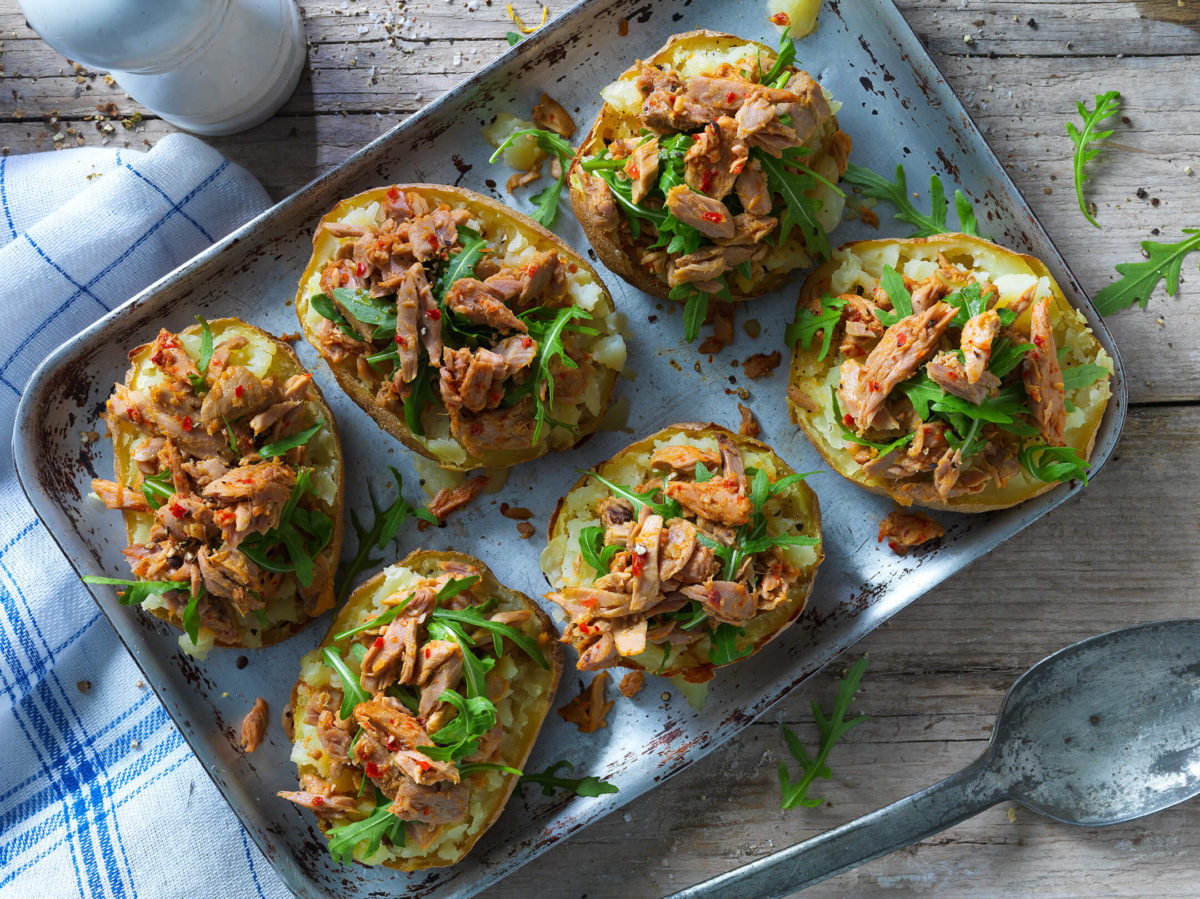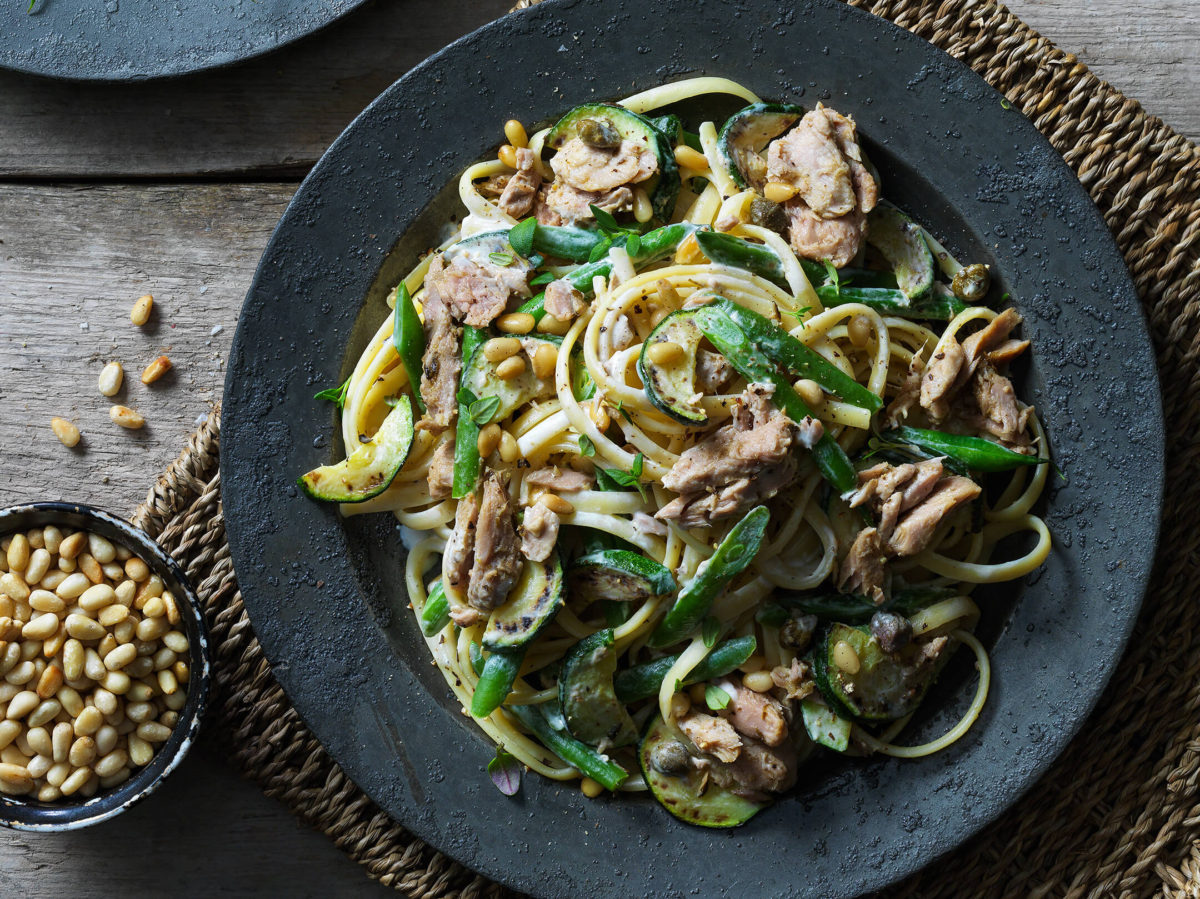This website uses cookies so that we can provide you with the best user experience possible. Cookie information is stored in your browser and performs functions such as recognising you when you return to our website and helping our team to understand which sections of the website you find most interesting and useful.

Home » Feed Your Health » Nutrition »
Endurance races really are that: endurance. It is the hope that gets you to sign up, the determination to do the training and the sheer grit to get you through to the finish. Training well, eating well, taking your rest days and listening to advice of people who’ve been there before you will all come together on the day to get you through.
What you eat or drink during a long race will help keep fuel levels high. Your body stores carbs in the form of glycogen and glycogen fuels your muscles. For a short race (less than 1 hour) water will usually be enough to get your through. Once you head into longer, endurance races then you need to think about fuelling up as you go.
Plan ahead
You need to think about hydration, electrolytes and carbs. When you are planning a long race, plan the timing for each snack or drink you are going to take. Will it be in the first 15-20 minutes? Every 20 minutes? Will it be sports drinks, gels or jellies? Or a mixture? Work out what suits you and your body during your training – it is really important not to try a new product or pattern on the day.
Choosing your carbs
Many races will give out gels or drinks. Check if the brand they are using suits you as it saves you from having to carry your fuel with you. However, if it doesn’t suit or you haven’t had a chance to try it in advance, leave it alone. Different carb gels can have different effects on digestion in some people – you don’t need that as a problem during a long race.
Aim for 30-60g of carbohydrate per hour. 60g is for very extreme events so most people will not need that amount. But again, see what works for you in training. Sources of carbs are sports drinks (bought or homemade); jelly sweets; carb gels; bite size white-bread-and-jam sandwiches (yes, really!). Plan when you are going to eat or drink along the way – and be very specific: at 6km eat 6 jellies; at 9km four gulps of a sports drink and so on.
Hydration
Remember hydration as well. You will need 500mls per hour for events longer than two hours. Water is great but for very long events sports drinks will supply carbs and help replace electrolytes lost in sweat.
Don’t wait to refuel: Sometimes, if a race is going well and you’re feeling good it can be tempting to skip a snack or drink. Don’t! Keep to your plan or you can end up crashing sooner than you think.
When you’re finished?
Hydrate until your pee is very pale yellow to clear. Water is great but sports drinks (bought or homemade) can help replace carbs and electrolytes as well.
Have a good carb-rich snack with a little protein soon after you finish – the sooner the better. Aim to have something that gives you 1-1.5g of carbs per kg of your body weight as a snack. This can be a yoghurt and a banana; peanut butter sandwich; tuna and wholegrain crackers; muesli bars with nuts. Don’t skip the snack! Your body will need nutrition to recover and help stop you from feeling as stiff and sore the next day. Do aim to have a good meal within about 2 hours although this is still not the time for the big burger and chips. Your digestion is likely to be a little sensitive for a few hours after a long race so stick with carbs and lean proteins for just a little longer. Spaghetti Bolognese, salmon and pasta; tuna, sweet corn and a big baked potato; or chicken stir-fry with noodles.



